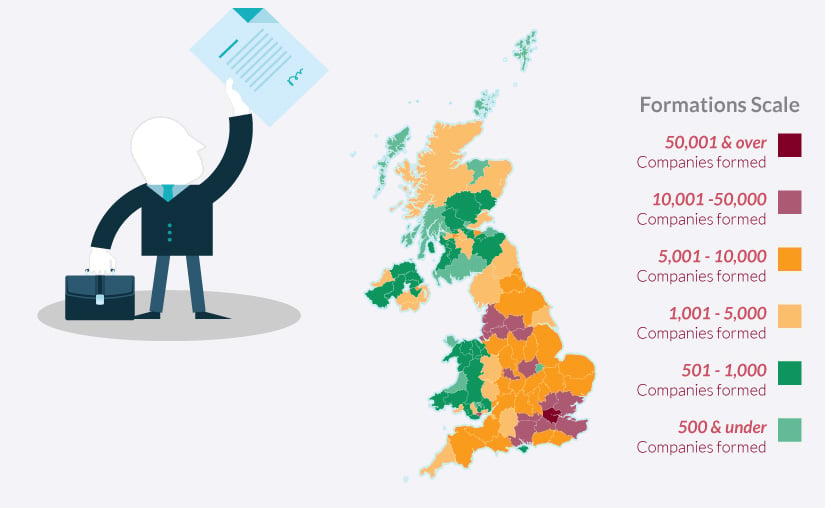shares
In many companies, it is appropriate – and certainly administratively easier – for all of the shares to be of the same class. This ensures that all shareholders can vote at shareholders’ meetings and share…
What investors should check for in a company’s articles of association
There can be many good reasons to invest in a company, but what safeguards will you have? Will others, perhaps with more shares or a different class of shares to you, have disproportionate levels of control or receive greater…
Dividend waiver: what you need to know
You’ve decided to share your profits with your shareholders by issuing a dividend, but what if not everyone wants to take it?…
What types of share can a company have?
Most companies only ever have one type of share (or class of share). These are commonly called ordinary shares and will be the ones the company was incorporated with. The typical rights that go with ordinary shares are:…
When can a company pay a dividend?
This article explains the rules and conditions for paying dividends to shareholders of small and micro-entity companies. What needs to be in place before a company can declare and pay a dividend to its shareholders? What factors…
Can a child own shares?
In England and Wales the law doesn’t prevent a minor – defined as a child under the age of 18 – from owning assets, with the exception of land and buildings. However, this is complicated by the fact that a minor…
2025 Review
of UK Company Formations
Read our comprehensive review of UK company formations in 2024, year-on-year growth rates and breakdown by county. This detailed insight is provided in the form of easy to understand infographics available for sharing through social media and on your own website
